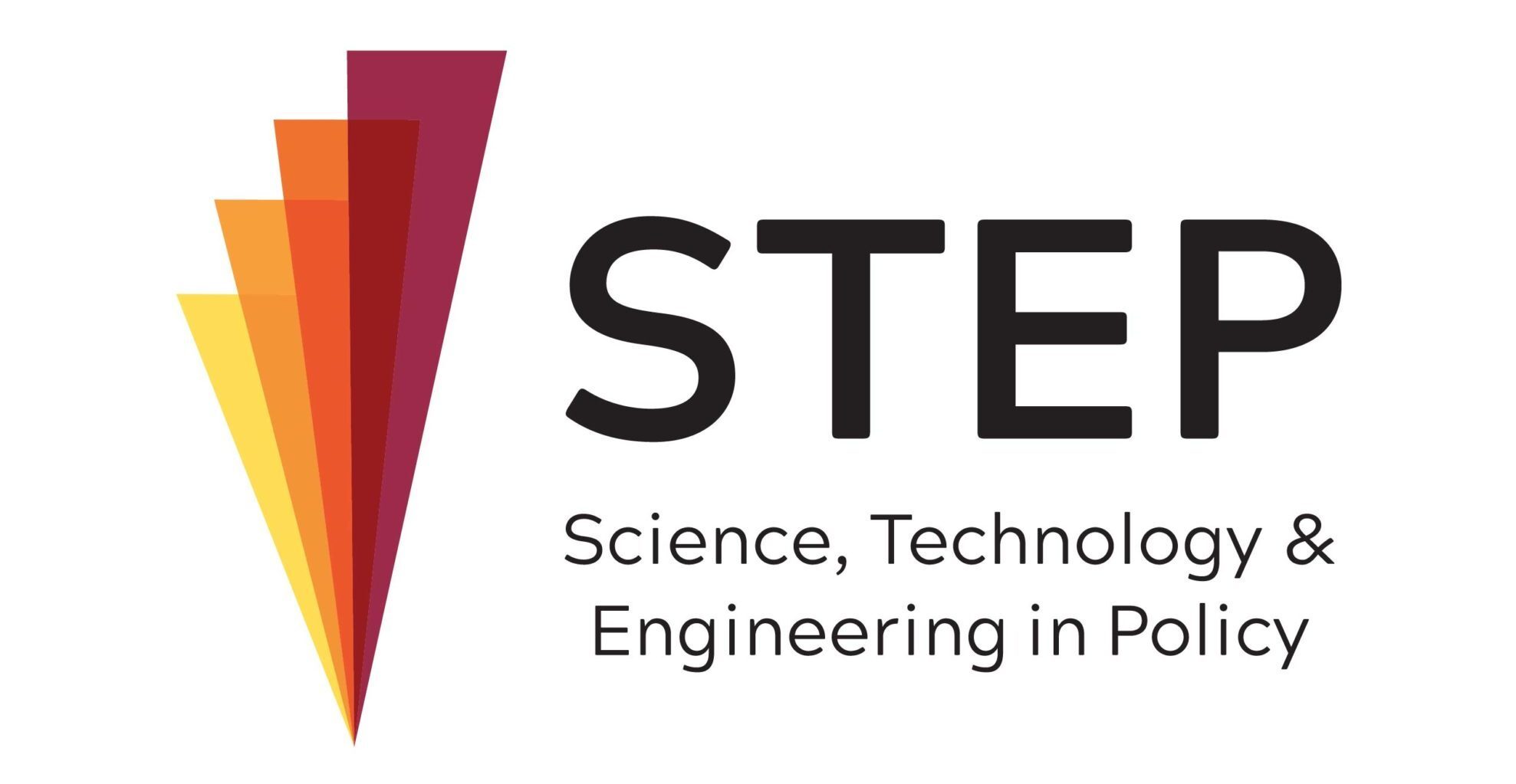The Coronavirus pandemic is shining a bright light on the critical importance of science-policy interactions. We depend upon the models and advice of medical and other experts and put significant hope in researchers finding a cure. Yet, decision-making around matters ranging from when stores and schools can reopen to where to allocate medical and other assets are necessarily also informed by social, economic, and other factors.
It is clear that scientists, engineers, and other technical experts have central roles to play in public policy. The STEP Program offers STEM-H students the approaches and skills to work with other sectors of society to achieve fair, efficient, stable, and wise solutions.
Of course, challenges and opportunities at the science-policy interface are not unique to the Coronavirus. Virtually all of today’s social, environmental, and economic challenges demand solutions that draw on expertise from multiple disciplines and take the interests and knowledge of affected stakeholders into account.

